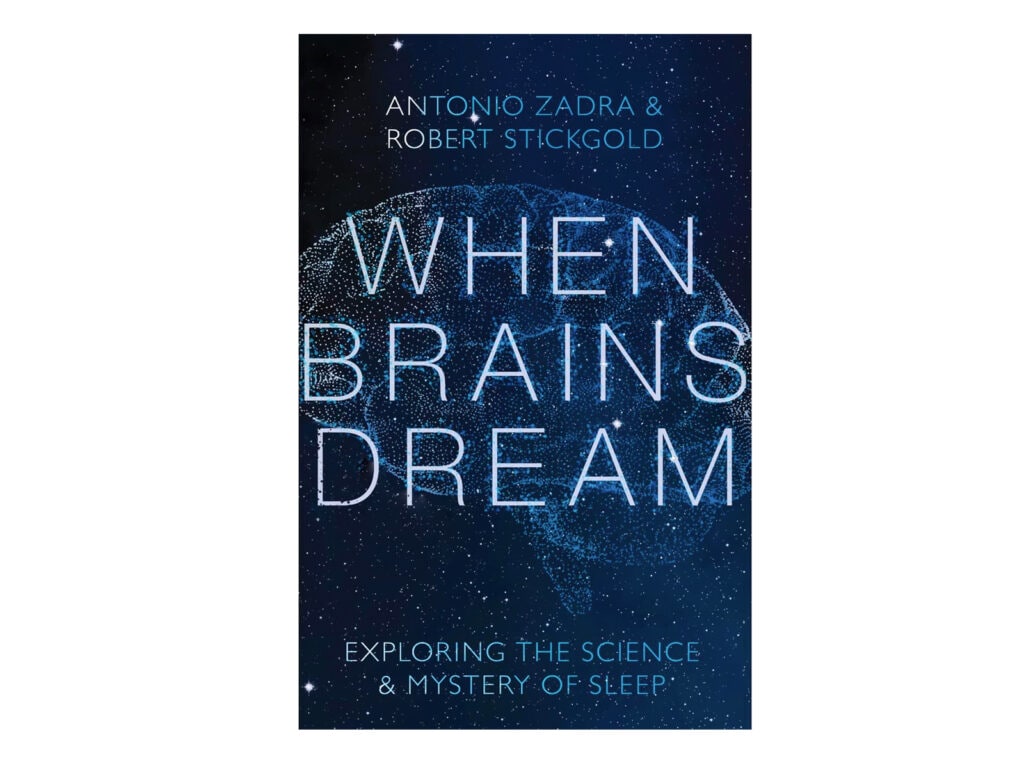Are you always trying to interpret your dreams? We get some answers to a few commonly asked questions from new scientifically researched book, When Brains Dream.
What do sexual dreams mean?
In studies of adults in committed relationships, fewer than a third of reported sexual dreams involve the dreamer’s present partner. Dreams of infidelity were more common in those with experience of a partner who cheated, as well as in people with higher levels of romantic jealousy. Those who reported cheating on their partner were more likely to have dreams involving an acquaintance or an ex.
Individuals who were satisfied with their relationship and regularly engaging in sexual activity with their other half were more likely to have erotic dreams involving their present partner. Orgasms were reported in fewer than 4 percent of men’s and women’s sexual dreams.
When should I worry about nightmares?
Highly disturbing dreams that seem to awaken the sleeper occur largely during REM sleep in the second half of the night. Approximately 85 percent of adults have at least one a year. After a nightmare, people usually find it easy to remember its storyline the following day. Research shows that physical aggression, interpersonal conflict, a sense of helplessness and health concerns are common occurrences in nightmares.
Nightmares with themes of falling or being paralysed are most likely to be due to parasomnias, which occur on the edges of sleep. Recently, neurocognitive models of bad dreams and trauma-related nightmares suggest that their function is to “help reduce or extinguish fear-based memories”, Robert and Antonio explain. Having nightmares almost every night that involve replays of an actual traumatic event can be a predictor of who goes on to develop PTSD.
Why have I had a dream that actually comes true?
The reason why we have dreams of events that subsequently happen comes down to probability and memory bias. “The likelihood of a correspondence between a dream we had and a subsequent waking-life situation happening purely by chance is probably even higher than people imagine,” Robert and Antonio write, adding, “We don’t know how long these dream memories stay ready to be recalled if some similar event, like a natural catastrophe or a parent’s death, occurs.”

Find out more about why we dream here.








